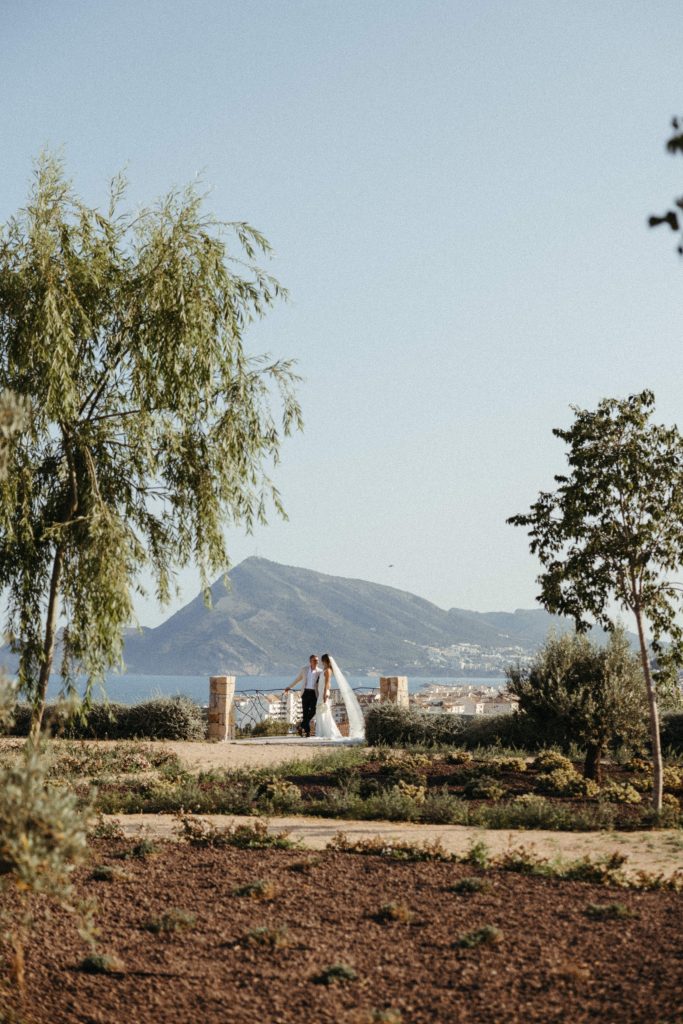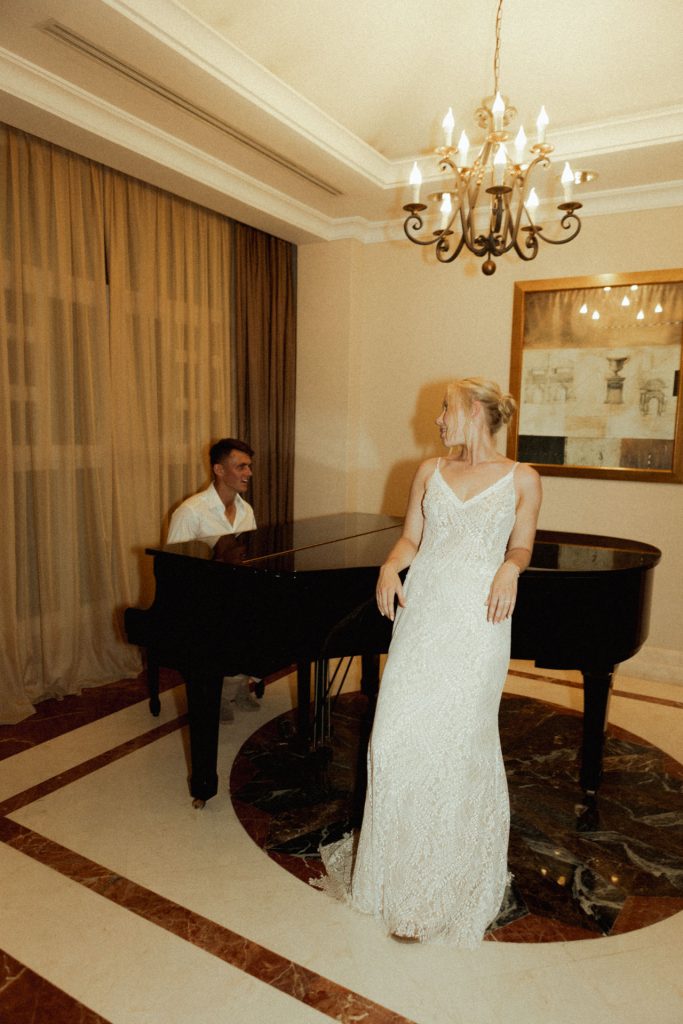
If you’re considering a destination wedding, Spain is a beautiful and romantic location that offers a rich cultural experience. As a wedding photographer based in Valencia, I’ve had the privilege of capturing many unforgettable weddings for couples from around the world. Here’s a guide to help you navigate the process of getting married in Spain.
-
Choose your wedding location and the venue: Some of the most popular regions for weddings include Barcelona, Madrid, Valencia, and Andalusia. Around all the country there is a huge variety of beautiful venues to choose from, including castles, vineyards, beaches, and gardens. When choosing a venue, consider the location, capacity, and cost.
-
Determine the legal requirements: Each region in Spain has its own legal requirements for marriage, so it’s important to research the specific requirements of your chosen location. In general, you’ll need to provide proof of identity, residency, and marital status, as well as any necessary visas or permits. Here I found the website where the whole process is quite well explained and might be very helpful.
-
Hire a wedding planner: A wedding planner can help you navigate the legal requirements, find the perfect venue, and coordinate vendors. They can also help you plan your wedding day itinerary and ensure everything runs smoothly.
-
Choose your ceremony type: In Spain, you can have a civil ceremony or a religious ceremony. Civil ceremonies can be held in a town hall or other government-approved location, while religious ceremonies can be held in a church or other religious institutions.
-
Find a venue: Once you have your ceremony type selected, you can begin to search for your perfect wedding venue. Spain offers a range of venues to suit different preferences and budgets, from historic estates to modern beachfront hotels.
-
Hire a wedding photographer (and videographer) – a wedding photographer can capture the beautiful moments of your wedding day, and create lasting memories. When hiring a wedding photographer, look for someone with experience, a good portfolio, and a style that matches your taste (here you can find some helpful information about what to look for in your wedding photographer). I could never stop talking about how important it is to find the proper photographer for your wedding.
-
Book your vendors: After securing your venue, it’s important to book your vendors, including your caterer, florist, and entertainment. Be sure to review their portfolios and read reviews to ensure they are the right fit for your wedding.
-
Obtain necessary paperwork: To legally get married in Spain, you’ll need to obtain a “Certificate of No Impediment” from your home country. You may also need to obtain other documentation, depending on the specific requirements of your chosen location.
Getting married in Spain can be a magical and unforgettable experience. By following these steps and working with experienced professionals, you can ensure your wedding day is everything you’ve dreamed of. As a wedding photographer, I am honored to be a part of this special day and capture the memories that will last a lifetime.



















